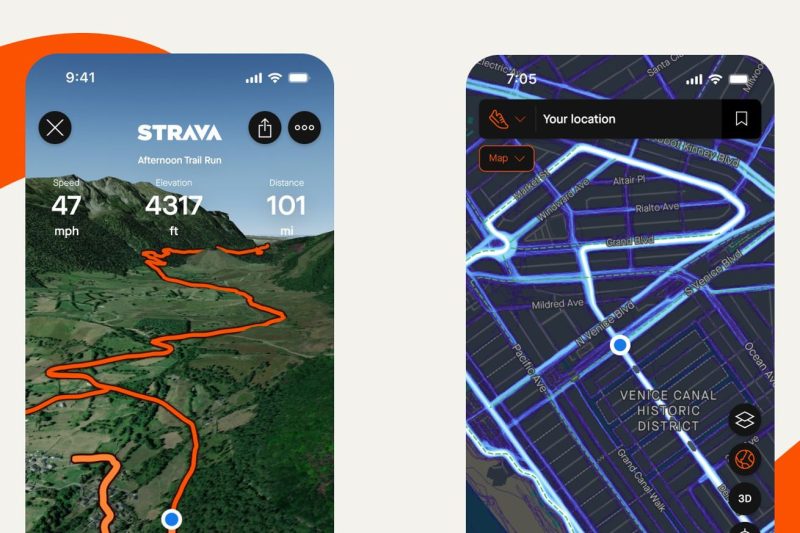
Strava Locks Down: Say Goodbye to Sharing Fitness Data Across Apps!
Strava Closes the Gates to Sharing Fitness Data with Other Apps
The decision made by Strava to restrict the sharing of fitness data with other applications has sparked a debate among fitness enthusiasts and app developers alike. Strava, a popular fitness tracking app used by millions of users worldwide, has been known for its open-source approach, allowing users to seamlessly share their workout data with a wide range of other health and fitness apps. However, the recent move by Strava to limit this data sharing functionality has left many users feeling frustrated and concerned about the future of their fitness tracking experience.
The decision to close off access to sharing fitness data with other apps appears to be a strategic move by Strava to protect its user base and strengthen its position in the competitive fitness app market. By restricting the flow of data outside of its platform, Strava aims to retain users within its ecosystem and prevent them from migrating to other apps that offer similar features. This decision has raised questions about data privacy and ownership, as users now have less control over how their workout data is shared and utilized by third-party apps.
For app developers who have integrated their services with Strava’s open API, the closure of data sharing poses a significant challenge. These developers will now have to find alternative ways to access user data and provide meaningful insights to their customers. This could lead to disruptions in the user experience and may force developers to rethink their strategies for leveraging fitness data in their apps.
One of the main concerns raised by users and developers is the impact on interoperability within the health and fitness tech ecosystem. With Strava cutting off access to its data, users may find it more difficult to connect different apps and devices to create a comprehensive view of their health and fitness journey. This lack of interoperability could hinder users’ ability to track progress, set goals, and make informed decisions about their health and wellness.
While Strava’s decision to restrict data sharing may have negative implications for users and developers in the short term, it also signals a shift in how fitness apps approach data privacy and security. By limiting access to user data, Strava is taking a proactive stance on protecting its users’ information and ensuring that it is used responsibly. However, this move may also limit innovation and collaboration within the fitness tech industry, as developers may face additional barriers to accessing and utilizing user data for their apps.
In conclusion, Strava’s decision to close off data sharing with other apps has generated mixed reactions within the fitness community. While the move may help protect user data and strengthen Strava’s market position, it also poses challenges for users and developers who rely on interoperability and data exchange to enhance their fitness tracking experience. Moving forward, it will be important for Strava to strike a balance between data privacy and collaboration to ensure that its users can make the most of their fitness journey while maintaining control over their personal information.
